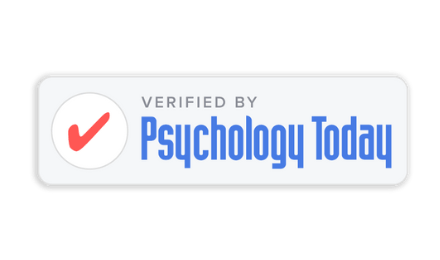Dependency in relationships can be a challenging and overwhelming experience. It occurs when individuals rely heavily on their partners for emotional support, validation, and a sense of identity. While healthy interdependence is a natural part of relationships, excessive dependency can lead to imbalance, resentment, and a loss of personal autonomy. Therapy offers a valuable resource for individuals seeking to break free from dependency patterns and develop healthier, more fulfilling relationships. In this blog post, we will explore how therapy can support individuals in overcoming dependency and fostering greater independence in their relationships.
1. Recognizing Unhealthy Patterns
Therapy provides individuals with a safe and non-judgmental space to explore their relationship dynamics and identify unhealthy patterns of dependency. A therapist can help individuals gain insight into the underlying causes of their dependency, such as past traumas or low self-esteem. By recognizing these patterns, individuals can begin to understand how they contribute to their dependency and develop strategies for change.
2. Building Self-esteem and Self-worth
Dependency in relationships often stems from low self-esteem and a lack of self-worth. Therapy helps individuals build a stronger sense of self and develop a positive self-image. Therapists work with individuals to identify their strengths, values, and interests outside of the relationship. By fostering self-esteem and self-worth, therapy empowers individuals to rely on themselves for validation and fulfillment, reducing the need for excessive dependency on their partners.
3. Developing Healthy Boundaries
Therapy helps individuals establish and maintain healthy boundaries in their relationships. Therapists guide individuals in setting limits and communicating their needs and expectations effectively. By developing boundaries, individuals can create a balance between their own needs and the needs of their partners, fostering mutual respect and independence.
4. Enhancing Communication Skills
Effective communication is essential for healthy relationships. Therapy offers a space for individuals to improve their communication skills, such as active listening, assertiveness, and expressing their emotions and needs clearly. By enhancing communication, individuals can develop more equal and open relationships, where both partners have a voice and feel heard.
5. Exploring Personal Interests and Hobbies
Dependency often results from a lack of personal fulfillment outside of the relationship. Therapy encourages individuals to explore their own interests, hobbies, and passions. Therapists help individuals reconnect with activities they enjoy and find a sense of purpose and fulfillment independent of their partners. By nurturing personal interests, individuals can cultivate a stronger sense of self and reduce their reliance on their partners for happiness.
6. Strengthening Independence and Autonomy
Therapy supports individuals in developing their independence and autonomy within the context of their relationships. Therapists help individuals identify areas where they rely excessively on their partners and encourage them to take responsibility for their own emotional well-being. By strengthening independence, individuals can foster healthier interdependence, where both partners support and respect each other’s autonomy.
7. Creating Healthy Relationship Dynamics
Therapy assists individuals in creating healthier relationship dynamics based on equality, mutual support, and shared responsibility. Therapists provide guidance on resolving conflicts constructively, negotiating needs, and fostering healthy interdependence. By establishing healthier relationship dynamics, individuals can experience greater satisfaction, fulfillment, and emotional well-being.
Conclusion
Therapy offers a transformative path for individuals seeking to overcome dependency in relationships and cultivate healthier, more fulfilling connections. By recognizing unhealthy patterns, building self-esteem, developing healthy boundaries, enhancing communication skills, exploring personal interests, strengthening independence, and creating healthy relationship dynamics, therapy empowers individuals to break free from dependency and nurture more balanced and satisfying relationships. If you find yourself caught in a cycle of dependency, consider reaching out to a qualified therapist who can guide you on your journey toward greater independence and personal growth. Remember, you deserve relationships that are based on mutual respect, support, and the freedom to be your authentic self.








